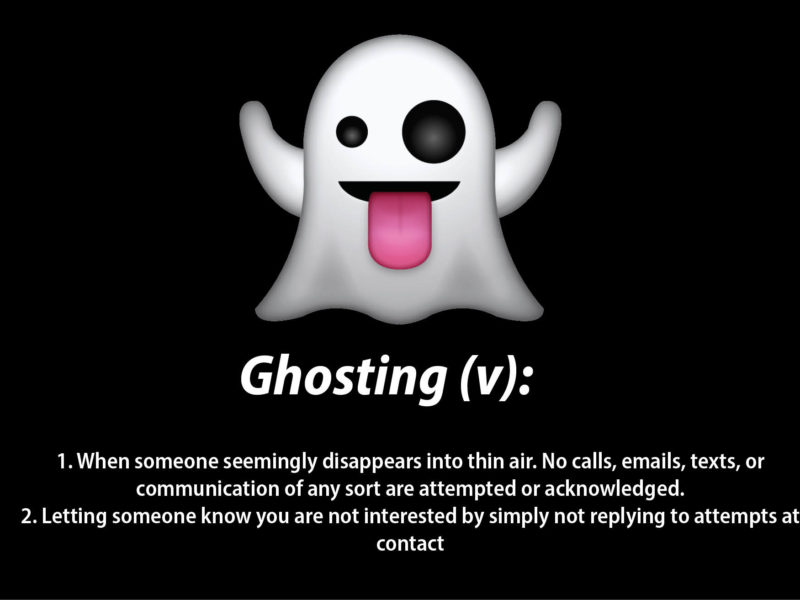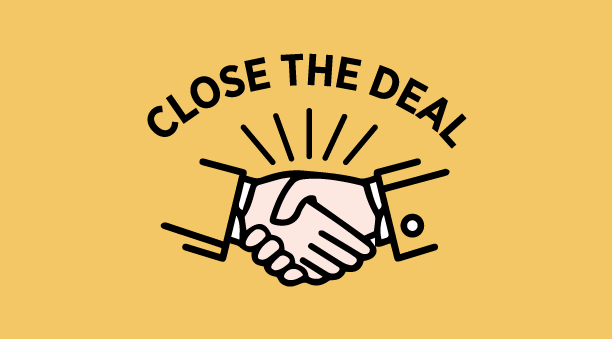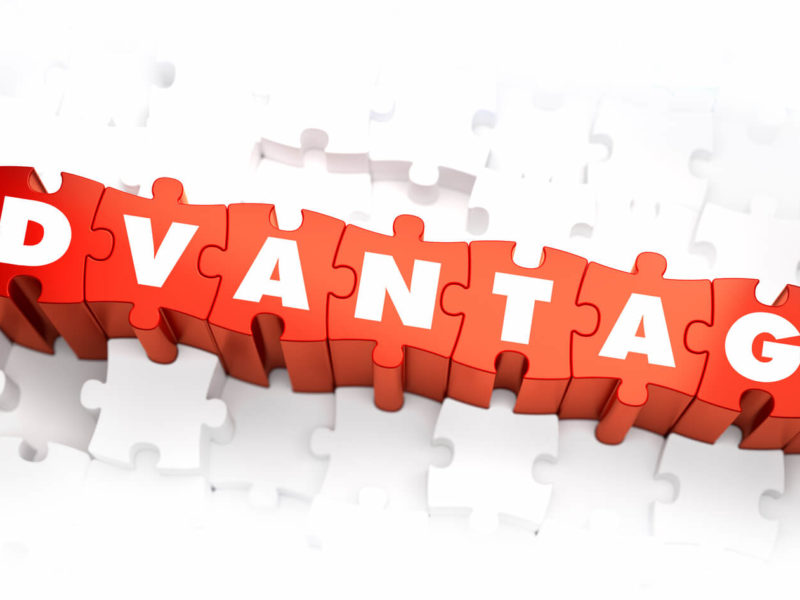Maybe, You Don’t Know…
In addition to my recruiting and headhunting activities, I am a lecturer and a consultant. Often my biggest obstacle is getting people to recognize they don’t know as much as they think they do.
I am speaking about the task of looking for, but also and more important, effectively interviewing for the jobs they want and to do it such that they outshine everyone else seeking the same. It’s always the same: I get a strange look and a dose of condescension when they wince and say, “Thanks, but I know what to do.” However, in reality, they don’t.
The reason is simple; all of us have been lulled into complacency during these last couple of decades because everything is internet and digitally focused. Our soft-skill abilities have degraded – a lot! And especially true among young people, most of whom I am sad to say are completely clueless. Although it is not limited to them, I know middle and senior-level professionals who are just as uncomfortable in a face-to-face interview. This is why people rely so much upon their resume to speak for them, because they have to.
Initially when I propose to someone the kind of training I offer and deliver, I encounter a majority of individuals who are overly impressed with themselves and what they perceive to be their own abilities. Then, later, after they fail to get any real results from their search and interview efforts they sheepishly call me, expressing their frustration and suggesting the system is unfair, there are no good jobs, or any number of other excuses – but it is never them.
Invariably, I have to hit them between the eyes and say, “No, it’s quite possibly you and your denial in recognizing that maybe, just maybe, you don’t know what you don’t know. Maybe it’s time you learn, or re-learn, what will help you to help yourself”.
I just conducted another seminar, to students attending a university with a highly-rated MBA program. It’s always the same at the beginning — they arrive relatively confident in their own abilities. However, by the time I’ve finished, they are always appreciative and tell me how much more and better prepared they feel, eager to get out there and implement what they’ve learned.



